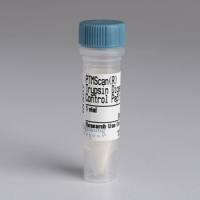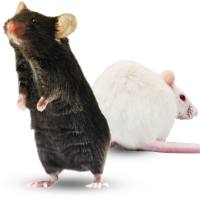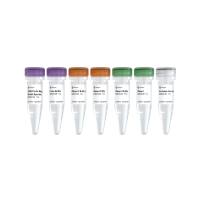Yeast as a Model for Ras Signalling
互联网
554
For centuries yeast species have been popular hosts for classical biotechnology processes, such as baking, brewing, and wine
making, and more recently for recombinant proteins production, thanks to the advantages of unicellular organisms (i.e., ease
of genetic manipulation and rapid growth) together with the ability to perform eukaryotic posttranslational modifications.
Moreover, yeast cells have been used for few decades as a tool for identifying the genes and pathways involved in basic cellular
processes such as the cell cycle, aging, and stress response.
In the budding yeast S. cerevisiae
the Ras/cAMP/PKA pathway is directly involved in the regulation of metabolism, cell growth, stress resistance, and proliferation
in response to the availability of nutrients and in the adaptation to glucose, controlling cytosolic cAMP levels and consequently
the cAMP-dependent protein kinase (PKA) activity.
Moreover, Ras signalling has been identified in several pathogenic yeasts as a key controller for virulence, due to its involvement
in yeast morphogenesis.
Nowadays, yeasts are still useful for Ras-like proteins investigation, both as model organisms and as a test tube to study
variants of heterologous Ras-like proteins.








